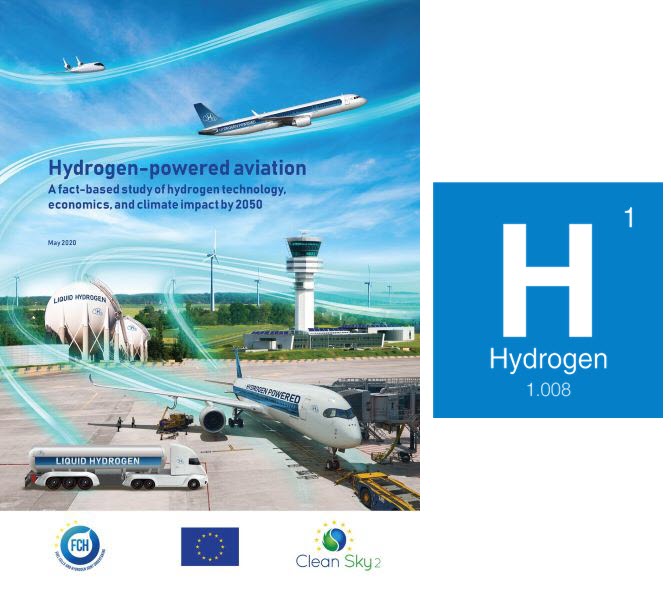
This story comes from DLR Institute for Technical Thermodynamics and highlights a study they performed titled “Clean Sky”
In the coming decades, hydrogen as an energy source will play a key role in the transformation of aviation towards a climate-neutral system. A new, independent study shows that novel and rethought system innovations in aviation in combination with hydrogen technologies can help to reduce the global warming effect of flying by 50 to 90 percent – and thus the drastic reduction targets for aviation emissions set in the EU Green Deal to reach.

Hydrogen fuel cell in the laboratory of the DLR Institute for Technical Thermodynamics Credit: DLR (CC-BY 3.0)
The study was conducted by Clean Sky Commissioned, a public-private partnership between the EU Commission and the European aviation industry that coordinates and finances research activities to deliver significantly quieter and more environmentally friendly aircraft.
The results were presented on June 22, 2020 at a webinar with around 1,800 participants. Among the speakers were representatives from the EU and the European aviation industry, as well as Prof. Rolf Henke, member of the DLR Executive Board for Aviation Research. In his contribution he emphasized: “Extensive research and development work for aircraft, the further development of fuel cell technology and liquid hydrogen tanks are necessary, as well as high investments in infrastructures on the ground and in the air. The definitions of regulations and certification standards are also important to ensure that the safe and reliable operation of hydrogen-powered aircraft is possible. ”
Industry experts estimate that it will take 10 to 15 years before the necessary scientific and technical advances are achieved and hydrogen becomes usable on a large scale for aviation. According to the results of the study, the first short-range hydrogen-powered demonstrator can be developed by 2028.
The report calls for a guideline for aviation with clear standards for setting up the infrastructure and impulses for the first demonstrator. This requires a sharp increase in long-term research and innovation activities and their funding. These would contribute to the necessary legal and financial security for technology development.
Read the most up to date Fuel Cell and Hydrogen Industry news at FuelCellsWorks




